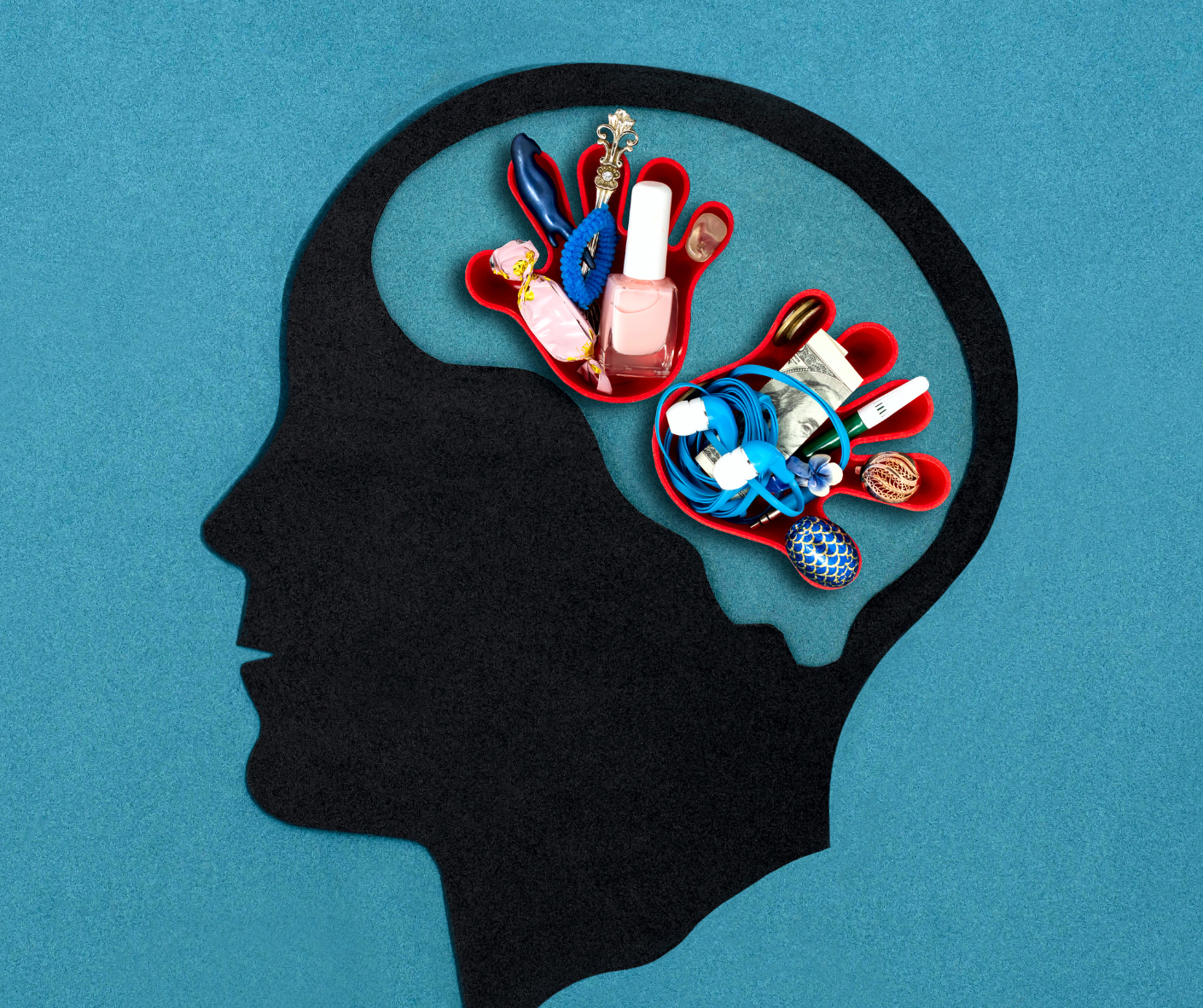
Navigating Impulse Control Disorders: Building Self-Control with ABS Group Therapy
Understanding Impulse Control Disorders:
ICDs encompass various conditions, including impulsive violence and impulsive sexual behavior, characterized by sudden and harmful impulsive actions. These disorders can have severe consequences for individuals and those around them. I mpulse control disorders are a complex category of mental health conditions that revolve around the inability to resist strong urges or impulses, often leading to harmful consequences for the individual and those around them.
mpulse control disorders are a complex category of mental health conditions that revolve around the inability to resist strong urges or impulses, often leading to harmful consequences for the individual and those around them.
The understanding of these disorders requires a multidimensional approach, delving into genetic predispositions, neurological underpinnings, environmental triggers, and psychological factors. By gaining a deeper comprehension of impulse control disorders, clinicians and researchers can develop more effective treatment strategies that address both the underlying causes and the disruptive behaviors themselves, ultimately improving the quality of life for those affected by these conditions.
Managing ICDs requires dedication and effective strategies. Here’s a look at how to enhance self-control:

1. Seek Professional Help:
Start by consulting a mental health specialist, who can provide tailored treatment plans, including Cognitive-behavioral therapy (CBT) and medication management.
2. Develop Self-Awareness:
Practice mindfulness to become more aware of thoughts, emotions, and impulses, enabling you to recognize triggers and urges.
3. Identify Triggers:
Pinpoint specific triggers that lead to impulsive actions and work on strategies to cope with or avoid them.
4. Create a Supportive Environment:
Build a network of understanding friends and family while avoiding situations or people that encourage impulsive behavior.
5. Develop Coping Strategies:
Learn healthy coping techniques like deep breathing and physical activities to redirect your focus.
 6. Set Clear Goals:
6. Set Clear Goals:
Establish achievable goals, break them down into smaller steps, and celebrate your successes.
7. Practice Delayed Gratification:
Work on delaying responses to impulses, starting small and gradually increasing the duration.
8. Build a Routine:
A daily routine can provide structure and stability, reducing unpredictability and impulsive behaviors.
9. Track Progress:
Maintain a journal to document your experiences, successes, and challenges, offering valuable insights.
ABS Group Therapy: A Transformative Approach

Applied Behavioral Sciences (ABS) specializes in supporting individuals with impulse control conditions, including impulsive violence and impulsive sexual behavior. Here’s how ABS’s group therapy can make a meaningful difference:1. Specialized Treatment:
ABS offers tailored group therapy programs facilitated by experienced therapists with expertise in ICDs.
2. Peer Support:
Group therapy provides a supportive environment where individuals share experiences, fostering peer support and motivation.
3. Skill Development:
ABS focuses on equipping participants with practical skills, such as cognitive-behavioral techniques, anger management, and healthy communication.
4. Accountability:
Participants set goals and report progress, fostering accountability and commitment to treatment plans.
5. Coping Strategies:
ABS therapists guide individuals in developing healthier responses to triggers and high-risk situations.
6. Ongoing Support:
ABS’s group therapy programs offer continuous support to maintain progress and prevent relapses.
Connect with ABS for Support:
For individuals seeking help with impulse control disorders, ABS provides accessible and effective solutions. Visit ABS’s website at ABSbehavioralhealth.com to explore their services and group therapy programs. You can also schedule a consultation with one of ABS’s therapists online, taking the first step towards regaining control over impulses and leading a fulfilling life.
Related Posts
Celebrating Veterans Day: Honoring Service and Don’t Neglect Their Mental Health
Today, on Veterans Day, we honor the bravery, dedication, and sacrifice of the...
Empowering Women’s Mental Health This International Women’s Day
What if the greatest gift you could give yourself this International Women’s Day...


